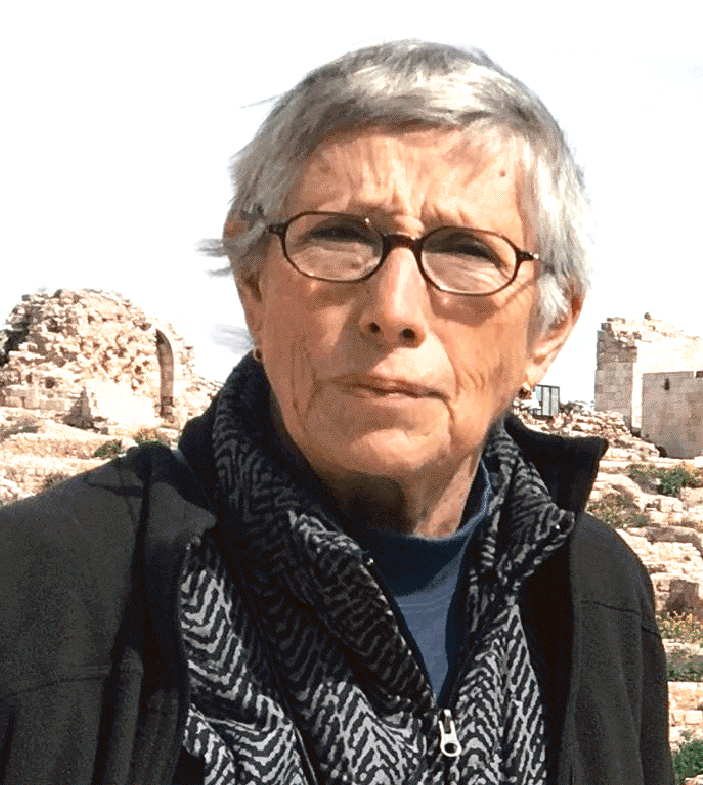Donald Trump’s unpredictability is predictable. While he has vowed to honour campaign promises, it can be predicted that he will carry out only those which earn him the most credit and skip those which are difficult or impossible to deliver.
It can also be predicted that he will enter the White House with a loyalist team comprised of people he can trust not to interfere with his initiatives however good or bad or criticise him when they leave his employ as did a number of officials who served in his neophyte administration.
There will be no more, as they said in 2017-18, “adults in the room”.
After leaving his service key “adults” were sharply critical of him personally and of his policies.
Ex-US marine general and his former chief-of-staff John Kelly castigated Trump in a lengthy statement in which he declared him untruthful and dismissive of the populace and the sacrifices of the military.
His first defence secretary James Mattis, another retired marine general, accused Trump of failing to provide “mature leadership” and trying to divide rather than unite the US people.
Trump’s second defence secretary Mark Esper declared him “unfit for office”.
His first secretary of state Rex Tillerson said Trump’s understanding of global events and history and of US history “was really limited”.
During the race for the presidency, 13 men and women signed a letter warning voters against Trump as he fits and definition of a fascist and admires Adolf Hitler.
During his first term, Trump did not know how to handle the presidency for which he was, and is — unsuited.
This time around he has, so far, named hardline conservatives to influential posts in his Cabinet.
Trump’s transition team is headed by pro-Israel financial services firm head and billionaire Howard Lutnick.
Brian Hook — who is dealing with the foreign policy transition, was in charge of Trump’s “maximum pressure” campaign against Iran during Trump’s previous stint in the White House.
He also was involved in Trump’s “deal of the century”, Trump’s skewed attempt at resolving the Palestinian-Israeli conflict as well as the Abraham Accords involving normalisation with Israel.
Trump’s Campaign Co-Chairwoman Susie Wiles, who has been appointed White House chief-if-staff, is expected to serve as his “bawab”, gatekeeper, and decide who has access to the president.
She is a dedicated Republican and has been involved with Trump political campaigns since 2016.
Her deputy Stephen Miller is a far-right, anti-immigration figure who proposed Trump’s Muslim ban on entry to the US and carried out the policy of separating migrant children from parents who entered the US illegally.
He is also a strong opponent of controls on gun ownership and bans on weapons of war. Right-wing Senator Marco Rubio is seen as Trump’s likely choice for secretary of state. He an “America Firster” not well versed in foreign policy.
While having hawkish views on Iran, he voted against $14 billion in extra military aid to Israel during its Gaza-Lebanon war.
During his first term, Trump upended traditional US regional policy.
He recognised Jerusalem as Israel’s capital and moved the US embassy to the city, although its fate was meant to be decided in negotiations between Palestinians and Israel.
His administration denied Israeli colonisation of occupied Palestine was illegal although this is illegal under international law and is also an issue to be negotiated.
He tried to replace the internationally backed “two-state solution” for the emergence of a contiguous, independent Palestinian state with a plan, dubbed the “Deal of the Century”, for Israeli annexation of large portions of the West Bank and limited Palestinian autonomy in economically developed enclaves.
He defunded the UN agency serving Palestinian refugees, UNRWA, creating major financial problems while it delivered shelter, food, healthcare and education to 5.9 million Palestinians driven from their homes.
He recognised Israel’s illegal annexation of Syria’s Golan Heights.
Trump withdrew the US from the 2015 six-power agreement (including Britain, France, Russia, China and Germany) limiting Iran’s nuclear programme and authorised the assassination of Iranian Quds Force commander Qassem Soleimani.
During his second term, Trump and his team could try to build on these destabilising policies.
While he has said he wants Israel’s war on Gaza and Lebanon to end before he takes office, this will depend on whether Israel will be expected to withdraw from Gaza and Lebanon.
Hamas and Hizbollah may reject his call as Israeli Prime Minister Binyamin Netanyahu seeks to keep Israeli forces in Gaza and to have the right for the Israeli army to intervene in Lebanon at will. Peacemaking is not as easy as Trump seems to imagine.
He could recognise annexation of West Bank Israeli settlements, go along with Israel’s ban on UNRWA operations, and give Israel permission to attack Iran’s oil and nuclear facilities (which even outgoing totally pro-Israel President Joe Biden banned).
Since Trump was last in the White House, the region has changed.
Under Biden US influence has waned as Arabs and Muslims no longer look to Israel-driven Washington for support. Russia and China have benefitted while Iran has reconciled with Arab neighbours. They have joined BRICS (the Brazil, Russia, India, China and South Africa grouping) which promotes independent economic, trade and political policies. Israel’s all-out, brutal, cruel war on Gaza has inflamed regional tensions and fuelled massive popular rejection of Israel.
